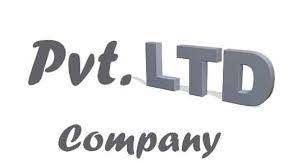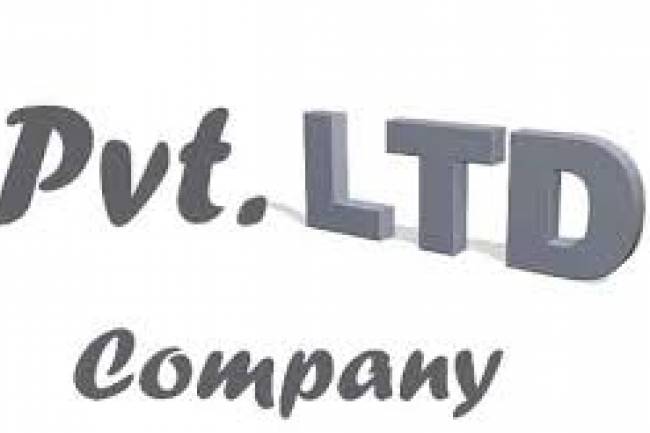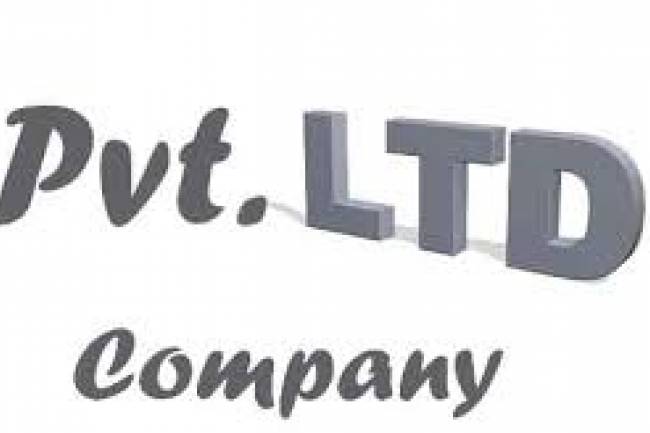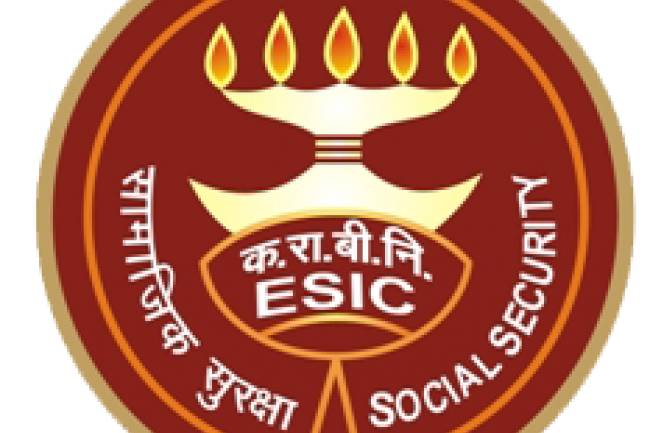
TYPES OF LIMITED COMPANY IN INDIA
PRIVATE LIMITED COMPANY
It is the most common incorporated business organization available for business. It is generally called as a ‘Private Company’. A private limited company is registered with the below mentioned features and restrictions:
- Minimum and maximum number of shareholders in a private company is 2 and 200, respectively
- There is no minimum paid-up capital requirement for a Private Limited Company
- Minimum number of directors are 2
- Share transfer can be restricted as per the Company Articles
- Cannot accept deposits from the public and it can take only loans from shareholders, directors and relatives of directors
- Cannot issue shares to the public
- Less compliance with respect to company laws
- Name of the company should end with the words ‘Private Limited’
A Private Limited Company is more flexible than a Public Limited Company as many of the restrictive provisions of the Companies Act are not applicable to it.
PUBLIC LIMITED COMPANY
As the name suggests, a Public Limited Company has a wider scope of coverage than a private limited company. It is generally called as a 'Public Company'.
A public limited company has the following features:
- Minimum number of shareholders is 7. There is no restriction on maximum number of shareholders.
- Minimum number of directors is 3
- Subject to the compliance of the Companies Act, a company can issue shares to the public
- Subject to the compliance of the Companies Act, it can accept deposits from the public.
- Operations of public limited companies are subject to compliance of many of the restrictive provisions of the Companies Act.
Generally, companies that require huge capital investments opt to be registered as a Public Limited Company.
ONE PERSON COMPANY (OPC)
The concept of One Person Company is introduced in India through the Companies Act, 2013. One Person Company means a company which has only one person as a member. One Person Company is a private company under the Companies Act 2013.
Only a natural person who is an Indian citizen and resident in India shall be eligible to incorporate a One-Person Company and can become a nominee for the sole member of a One Person One Person Company.
No person shall be eligible to incorporate more than a One-Person Company or become nominee in more than one such company.
OPC can have maximum paid up capital of Rs.50.00 Lakhs and the average annual turnover shall not exceed Rs.2 Crores. If the paid-up share capital of a One Person Company exceeds fifty lakh rupees or its average annual turnover exceeds two crore rupees, it shall cease to be entitled to continue as a One Person Company and shall be required to convert itself into either a private company with minimum of two members and two directors or a public company with minimum of seven members
SECTION 8 COMPANIES – NON-PROFIT COMPANY
Generally, companies are promoted with the aim of generating profits by conducting business transactions. However, a company can be registered with charitable motive and not aimed at making any profits. The registration of such company is subject to the provisions of Section 8 of the Companies Act, 2013. Hence, these companies are generally called as Section 8 companies. These companies must be formed with an aim to promote Commerce, Science, Art, Religion, Charity or other socially useful purposes.
A Section 8 company shall not pay any dividend to its members, but channel its surplus of receipts over payments for promotion of its objectives. These companies need not use the words “Limited or Private Limited” after its name. For example, “Herbal Extracts Manufacturers Association of India”
The registration process of a Section 8 company is slightly different from a regular limited company. As part of the registration process, a license for registration must be obtained from the Ministry of Corporate Affairs, Government of India.
These companies are generally registered as Guarantee Company with limited liability, with or without capital. Such companies can be private or public in nature, depending on the number of persons involved in it.
GUARANTEE COMPANY
Guarantee Company is a sub-classification of Private and Public Companies. Usually, it does not have share capital; instead, it has members who act as guarantors. The guarantors give an undertaking to contribute a nominal amount (typically very small) in the event of the winding up of the company. This type of company may also have capital; in such a case, members are liable to pay the capital amount as well as the guarantee amount.
Usually, these companies are formed for clubs and associations wherein members do not have the objective of generating profits.
PRODUCER COMPANY
Producer Company is another classification of Private and Public Company. These types of companies have the features of co-operative societies. Only ‘primary producers’ or ‘producer institution’ can form a producer company and participate in the ownership of such companies.
‘Primary Producers’ means people engaged in the process of Primary Produce. Primary produce means produce of farmers arising from agriculture including animal husbandry, horticulture, floriculture, pisciculture, viticulture, forestry, forest products, re-vegetation, bee keeping and farming plantation products. It can also include produce of persons engaged in handloom, handicraft and other cottage industries, by-products of such products, and products arising out of ancillary industries.
A Producer Company will primarily deal with the produce of its members for carrying out any of the following objects:
- Production, harvesting, procurement, grading, pooling, handling, marketing, selling, exporting of primary produce of the members or importing of goods or services for their benefit. They may carry on any of the activities specified in this clause either by itself or through other institutions
- Processing including preserving, drying, distilling, brewing, venting, canning and packaging of produce of its members
- Manufacture, sale or supply of machinery, equipment or consumables mainly to its members
- Providing education on the mutual assistance principles to its members and others
- Rendering technical services, consultancy services, training, research and development and all other activities for the promotion of the interests of its members
- Generation, transmission and distribution of power, revitalisation of land and water resources, their use, conservation and communications relatable to primary produce
- Insurance of producers or their primary produce
- Promoting techniques of mutuality and mutual assistance
- Welfare measures or facilities for the benefit of members as may be decided by the Board
- Any other activity, ancillary or incidental to any of the activities referred to in clauses (a) to (i) or other activities which may promote the principles of mutuality and mutual assistance amongst the members in any other manner.
- Financing of procurement, processing, marketing or other activities specified in clauses (a) to (j) which include extending of credit facilities or any other financial services to its members
Visit HireCA.com Now



















